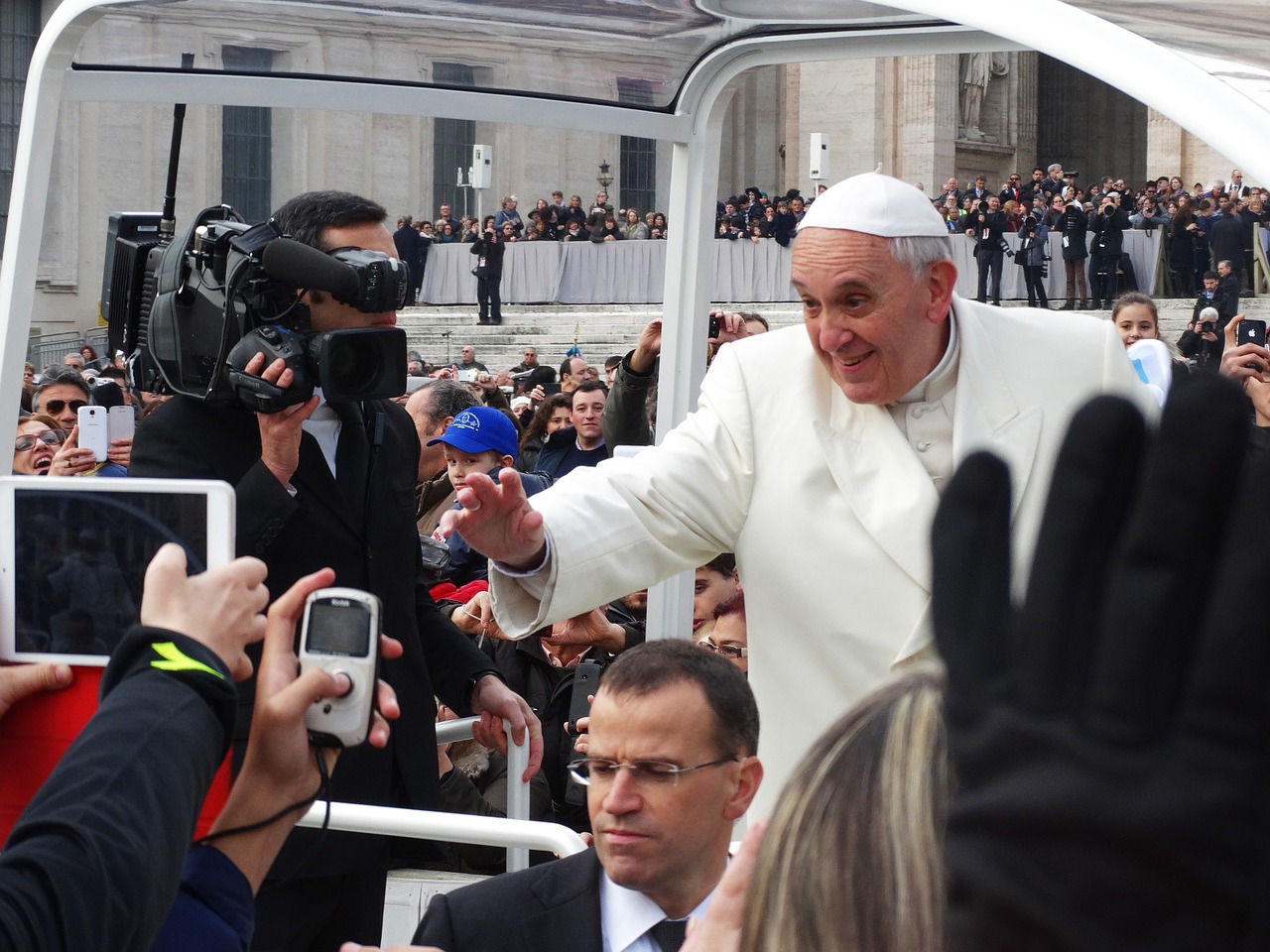Views expressed in opinion columns are the author’s own.
The Catholic Church’s sexual abuse crisis — which is back in the news in a way that parallels the horrific stories published by The Boston Globe in 2002 — reached a disturbing new level Sunday. A letter by Archbishop Carlo Maria Viganò, the former chief Vatican diplomat for the US, was published, calling out numerous people in the Vatican — including Pope Francis himself — for hiding the crimes of the former Archbishop of Washington, Theodore McCarrick.
McCarrick, a former cardinal, is credibly accused of sexually abusing seminarians and at least one minor. As in several of the #MeToo cases (most notably Louis C.K.’s), McCarrick’s abuses were widely known for years and easy to find online with a quick search. I personally have known about McCarrick since I saw the movie Spotlight in 2015 and did some Googling about Catholic Church sexual abuse. Viganò claims that Pope Benedict XVI quietly disciplined McCarrick, and that Cardinal Donald Wuerl — the current Archbishop of Washington, knew about this punishment — enabled McCarrick to ignore it, and lied when he claimed last month to be shocked by the allegations. Viganò also claims that Pope Francis himself lifted McCarrick’s punishment. Viganò then calls on Pope Francis to resign.
Yet, much of the reaction to Viganò has focused not on the horrifying claims he makes, but instead on his motivation for making them. Viganò is a conservative, traditionalist Catholic known for disliking Pope Francis and infamous for arranging Francis’ meeting with Kim Davis, the Kentucky clerk who refused to write gay couples marriage licenses, who we all decided to hate for two minutes instead of passing laws that make gay people’s lives better (#LoveWins).
Massimo Faggioli, a professor at Villanova, dismissed the letter as simply an “attempt to reject Francis’ pontificate.” The New York Times buried the story; their headline says only that Francis “long knew” of McCarrick’s abuse. Until halfway through the article, there’s no mention of the accusation that Pope Francis revoked McCarrick’s punishment. There is, however, repeated discussion about how Viganò is an enemy of Pope Francis who would like to discredit him.
The Atlantic, no stranger to lionizing abusers framed as reformers fighting backwards religious conservatives, ran a story along similar lines as The Times, which ran another story the next day attempting to frame the issue as follows: Pope Francis may enable sexual abuse, but he also says we should be nice to gay people, so it’s impossible to say if he’s bad or not.
Viganò probably would like Pope Francis gone. Who cares? Is Viganò is telling the truth? Whistleblowers are almost unfailingly enemies of those in power. If you think someone shouldn’t be in charge, you drag out everything bad about them that you know.
Viganò’s accusations may be false. They may be true. They may be a combo platter — some true, some not. But that Viganò is an enemy of Pope Francis tells us nothing about any of this. Those who try to deflect by focusing on this are hindering justice and the truth. We ought to wonder why.
John-Paul Teti is a senior computer science major. He can be reached at jp@jpteti.com.



